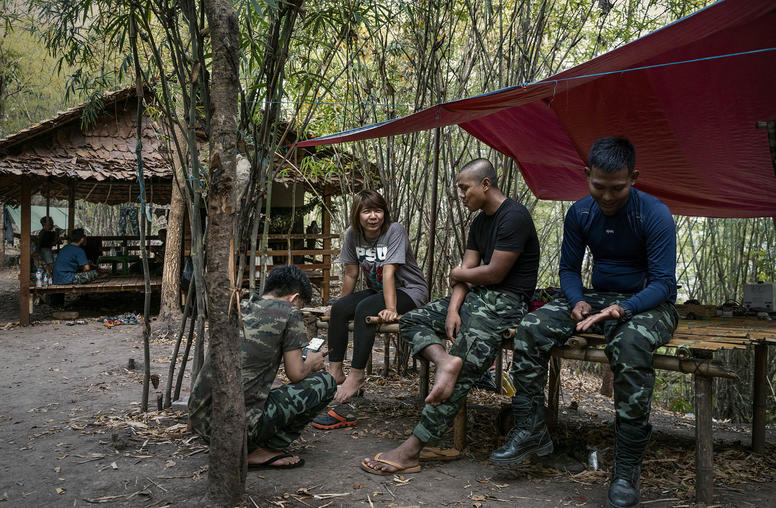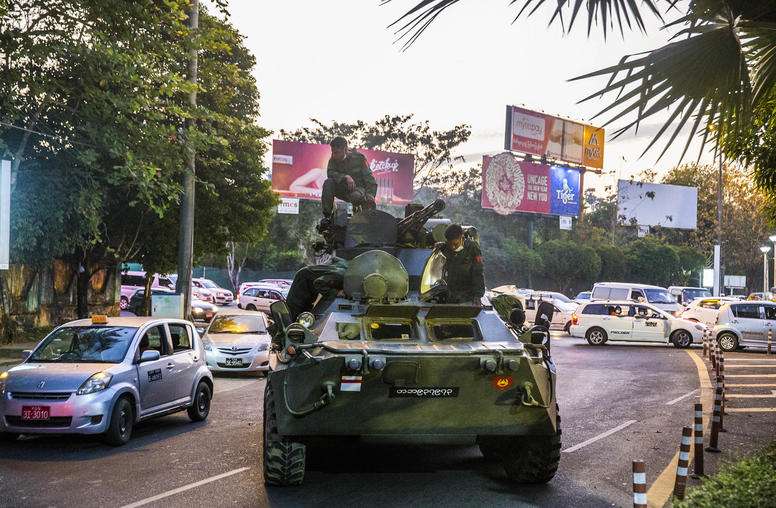Myanmar
Anatomy of a Political Transition
Many countries have attempted to transition from authoritarian governments to democracies, with many false starts. The political transition that began in Myanmar with the elections of 2010 was heavily planned by military leaders to gradually move toward democratization while retaining many of the authoritarian structures of the previous government during the transition. As Myanmar’s success has attracted great interest and support from the international community, this study analyzes the elements that brought the transition about and the issues that threaten to arrest and complicate it in the present, to draw lessons that might apply to other countries undergoing transitions to democracy.
Summary
- Since the end of the Cold War, many countries have attempted to transition from authoritarian governments to democracies, with varied results. The political transition that began in Myanmar with the elections of 2010 was planned, as the leadership moved gradually toward democratization while keeping in place many of the authoritarian structures of the previous government during the transition.
- Myanmar’s transition has been marked by a number of key elements. Among them are a strong and persistent democratic opposition with an iconic leader; twenty years of detailed planning by military leadership to establish its version of democracy, which incorporates political opposition in one form or another while assuring continuity for the military; willingness to tolerate competing centers of power in the new government; and a fortuitous combination of personal dynamics to provide an opening for reform and a serious break with the past.
- The parliamentary elections of 2015 and the presidential election that will follow in early 2016 represent a tipping point in Myanmar’s transition. The outcome will serve as a litmus test for whether the country can continue down the road to genuine democracy. The unpredictability of the election undoubtedly contributes to a popular sense of unease about the sustainability of reforms.
- Despite this, Myanmar’s transition remains one of the most promising in recent years and is worthy of strong support and assistance from the international community. It may already offer valuable lessons for other countries attempting to transition from authoritarian to democratic government.
About the Report
This report was originally written in shorter form for the U. S. Institute of Peace’s (USIP) former Africa director, Jon Temin, who was seeking clues about what factors led to Myanmar’s political transition to see if they might offer constructive lessons for other contexts where authoritarian governments open up to democratic transitions. The idea of expanding it for publication came from USIP Associate Vice President Colette Rausch and Interim Director of USIP’s Program for Religion and Peacebuilding Susan Hayward, and I am grateful to them for their expert guidance and encouragement. It would not have come about without them.
About the Author
Priscilla Clapp is a retired U.S. foreign service officer who served as U.S. charge d’affaires in Myanmar from June 1999 to August 2002. She has remained involved for more than fifteen years in policy research on Myanmar and currently serves as a senior advisor to USIP and the Asia Society.



